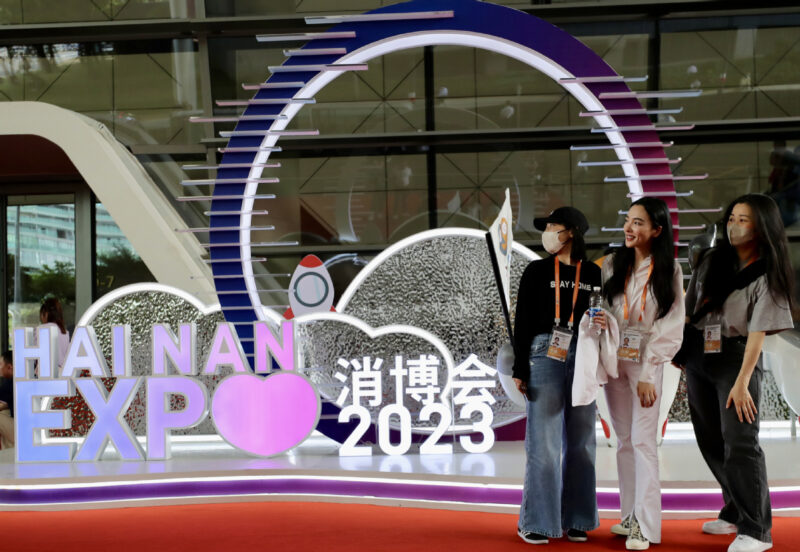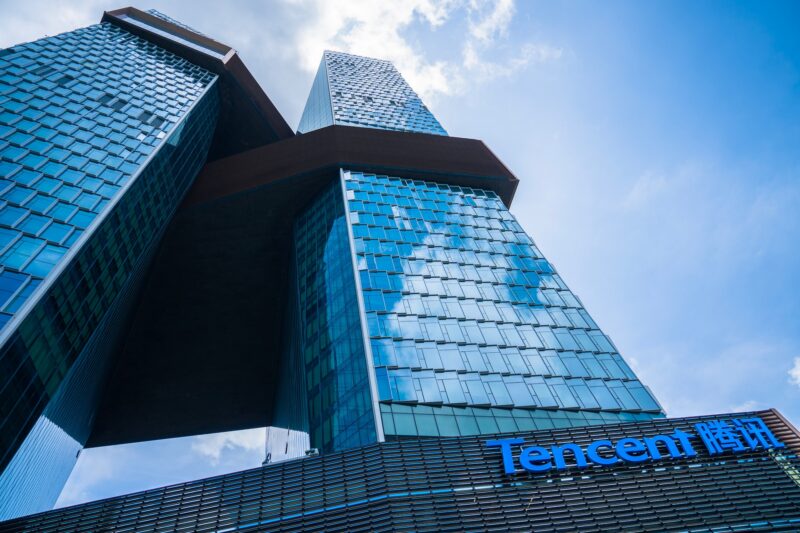Shanghai’s Fengxian district is stepping up digital taxation with a new “metaverse” self-service tax desk. The new “mixed reality” system, which was unveiled on April 10, will utilise 3D modelling, remote consultation, and virtual humans to support 60,000 corporate taxpayers in the area. “
Liu Bingxin, a senior employee at Fengxian District Taxation Bureau, explained “Through synchronous screen projection technology, the taxpayer can see the operation interface of the tax officer in real time and fully grasp the business process. Depending on the scenario, the system facilitates image exchange needs such as QR code payment, colour printing of documents, etc., and realizes 100% cloud full coverage of business.”
Another iteration of metaverse taxation was unveiled at the China Import and Export Fair in Guangzhou earlier this year. Attendees at the fair tried out a VR headset that allowed users to view tax policies and interact with tax consulting services. The technology, which is being trialled by Guangzhou Municipal Taxation Bureau, could in theory allow taxpayers to meet all their tax needs with an “immersive experience without leaving home”.
These taxation experiments are the latest in a series of measures aimed at digitalising China’s tax system by 2025. The smart tax system, announced in April 2022, means citizens now pay taxes on their smartphone in a few short steps. The nitty gritty of ensuring citizens are taxed appropriately will fall on the shoulders of AI and big data to streamline the process.
This is part of the “Construct Digital China” initiative which was codified at the Two Sessions earlier this year. Besides strengthening and expanding the digital economy, “constructing digital China” importantly also means digitalising governance, which smart tax systems will play a key role in.









